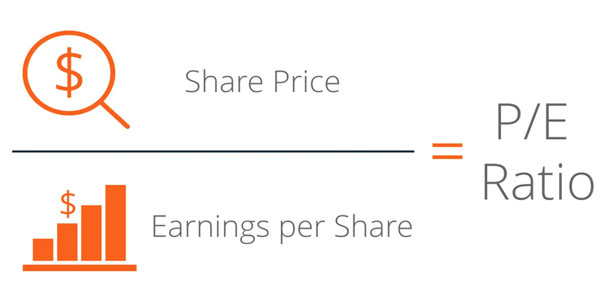You have secured a 30-year fixed-rate mortgage at 5%. When you originally heard that, you probably thought it was excellent news because you had been approved for a loan. However, you've recently heard that interest rates would soon begin to decline, which has piqued your curiosity.
You're able to make your mortgage payments on time, but a lower interest rate lock might save you money in the long run. It seems reasonable to refinance in light of the current low-interest rates. Maybe, but there are a lot of things to think about before you sign on the dotted line.
Longer Break-Even

One major drawback of refinancing is the length of time it takes to recuperate the costs associated with the new loan. The amount of months it will take you to break even is known as the payback period.
There is no perfect break-even point that can be calculated in advance. To get a realistic estimate, you must consider a few different things. The answer is conditional on the accuracy of your projection of the length of time you will be residing at the property.
Costs In The Long Term Are Higher

Talk to your bank or mortgage lender about the specifics of your situation, and then think about how refinancing can affect your bottom line. If refinancing can reduce your monthly payment but will significantly impact your finances in the long run, it's worth considering. Simply put, refinancing is not a good idea if doing so would increase your bills.
If you have a 30-year mortgage many years in, you'll have paid much interest without making much progress on principle. Your monthly payment will climb with a 15-year mortgage refinance, and it might become unaffordable.
A new 30-year mortgage would mean starting with about the same amount of principal as the old one. Your new interest rate may be less expensive, but it will stretch out over 30 years. You may not save much in the long run, or you may end up paying more for the loan.
Mortgages With An ARM vs. A Fixed Rate
Savings from refinancing to a lower interest rate are not usually significant. Let's pretend your 30-year fixed-rate mortgage's interest rate is already rather low, say, 5%. In that instance, refinancing into another 30-year fixed mortgage at 4.5 percent wouldn't save you too much.
Unless you have a mortgage that is significantly bigger than the national average, the closing fees will more than offset any monthly savings. Therefore, is there another choice?
When you consider how much money you could save by taking advantage of them, it can seem silly not to. The current, extremely low-interest rate environment makes it highly unlikely that rates will fall much more in the future, either relative to history or as an absolute number.
Unaffordable Closing Expenses
There are no no-cost refinancing options available. You may either pay a higher interest rate or pay for the closing fees out of pocket. You may be able to finance your closing fees into your loan. The closing fees are rolled into the loan, but you will have to pay interest on them for the duration of the loan.
Consider the final expenses and evaluate how the various possibilities apply to you. Do you have several thousand dollars available for closing fees at this time? Do you have any other immediate financial needs?
Is it still a good idea to refinance, given the higher rate of interest? Closing expenses of $6,000, financed at 4.5% interest for 30 years, would amount to thousands of dollars in total interest paid throughout that time.
Conversion Refinancing To A Fixed- or Adjustable-Rate Mortgage
The interest rate on an adjustable-rate mortgage may be lower than the interest rate on a fixed-rate mortgage at the outset, but it may grow to a higher rate over time. In this case, switching to a fixed-rate mortgage can help you save money and put your mind at ease regarding potential interest rate increases.
In contrast, if interest rates are decreasing, it may be financially prudent for homeowners who do not plan to remain in their houses for more than a few years to switch from a fixed-rate loan to an adjustable-rate mortgage (ARM), which typically has a lower monthly payment than a fixed-term mortgage.
Bottom Line
A fee-only financial counselor is the best bet for getting an objective assessment of your financial situation. When trying to sell you a mortgage, refinancing is usually an excellent option. When deciding whether or not to refinance, your circumstances should be given more weight than market conditions.
watch next


